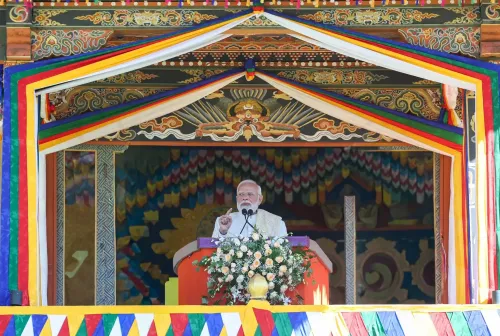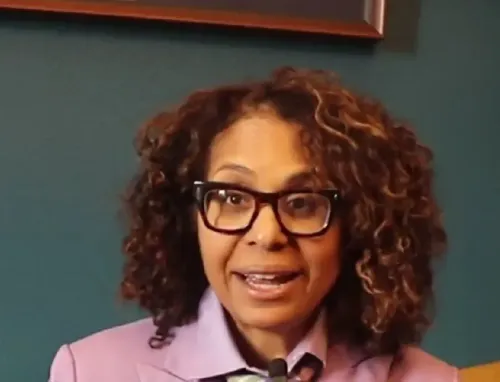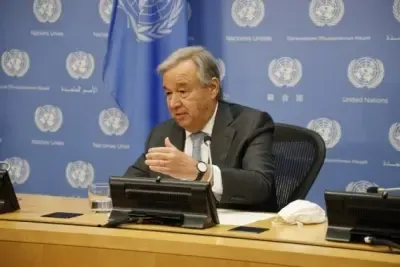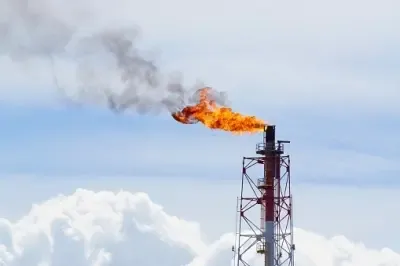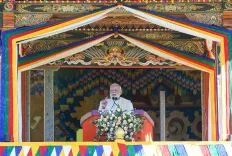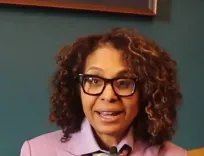Is the Security of Nuclear Facilities a Priority in the Iran-Israel Conflict?
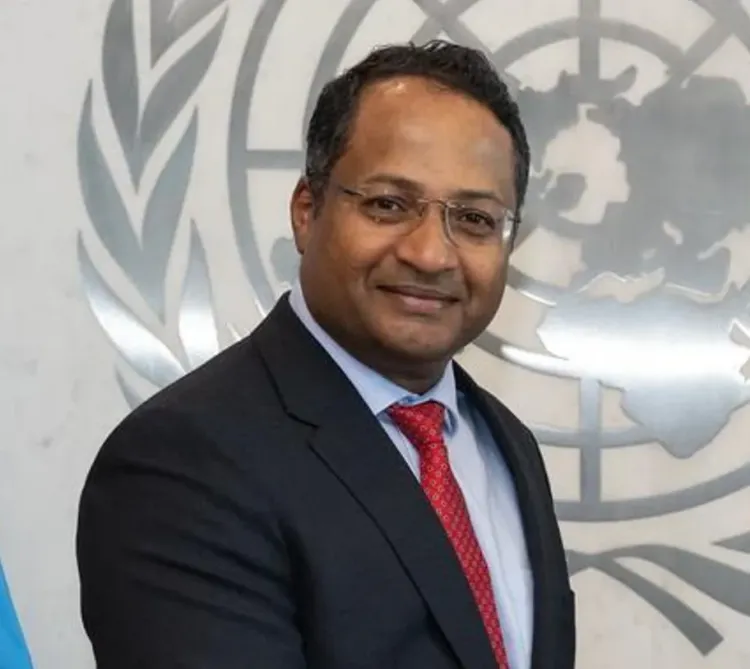
Synopsis
Key Takeaways
- Security of nuclear facilities is a critical global concern amid escalating tensions.
- India emphasizes international cooperation for safety and security.
- Recent US attacks on Iranian facilities have heightened regional instability.
- IAEA plays a key role in monitoring nuclear safety and radiation levels.
- Restraint is essential to avoid further escalation.
Vienna, June 23 (NationPress) The Permanent Representative of India to the UN, Shambhu S. Kumaran, emphasized on Monday that the security of nuclear facilities must be a top priority in light of the escalating tensions between Iran and Israel in the West Asia region.
While addressing a special meeting of the IAEA Board of Governors regarding the situation in Iran, Ambassador Kumaran stated, "Ensuring the safety and security of nuclear facilities is crucial, considering the potential repercussions of such attacks on public health and the environment."
He conveyed India's profound concern over the recent escalation in the Middle East, highlighting the attacks on various nuclear facilities in Iran.
Ambassador Kumaran urged the IAEA to keep the Board informed about the damage to nuclear facilities and the status of radiation levels.
He also reiterated India's plea for all parties involved to exercise utmost restraint to ensure the safety and security of nuclear facilities remain uncompromised.
Furthermore, he expressed India's willingness to provide all necessary support.
Earlier, Iranian Foreign Minister Abbas Araghchi discussed the US attacks on Iran's nuclear facilities with his Italian and French counterparts.
In phone conversations, Araghchi condemned the US "aggression" against Iran's nuclear sites: Fordow, Natanz, and Esfahan, as reported by the Iranian Foreign Ministry.
During a call with Italian Foreign Minister Antonio Tajani, Araghchi insisted that the international community, particularly the European Union, should respond explicitly to such "aggression," asserting Iran's right to self-defense.
Tajani expressed sorrow over the regional escalation due to the US strike, urging all parties to revert to diplomacy.
In a conversation with French Foreign Minister Jean-Noel Barrot, Araghchi stated that the US military actions breached numerous international laws, especially the United Nations Charter, and warned that silence and inaction in response to this "aggression" would have consequences for all nations.
The French foreign minister expressed regret over the US attack and denied France's involvement in planning the "aggression."

